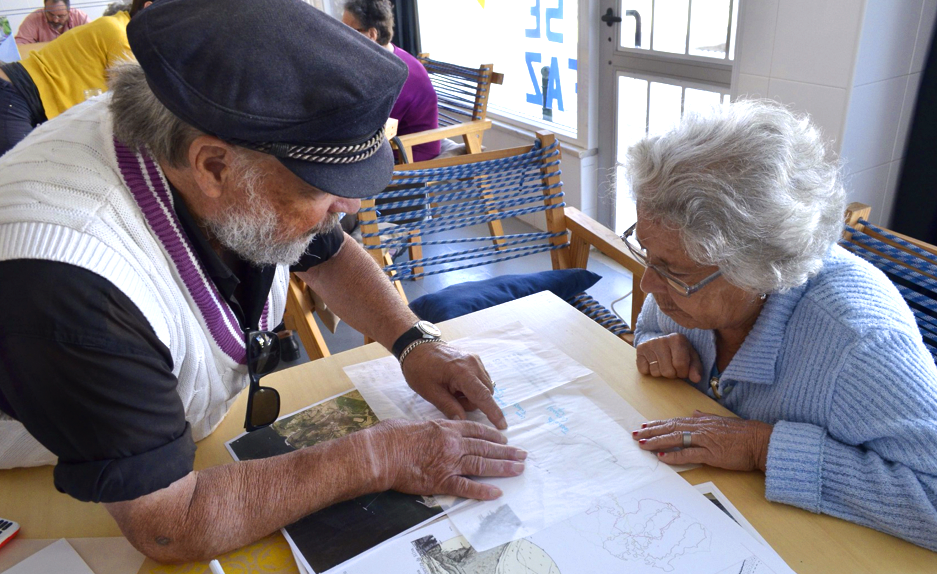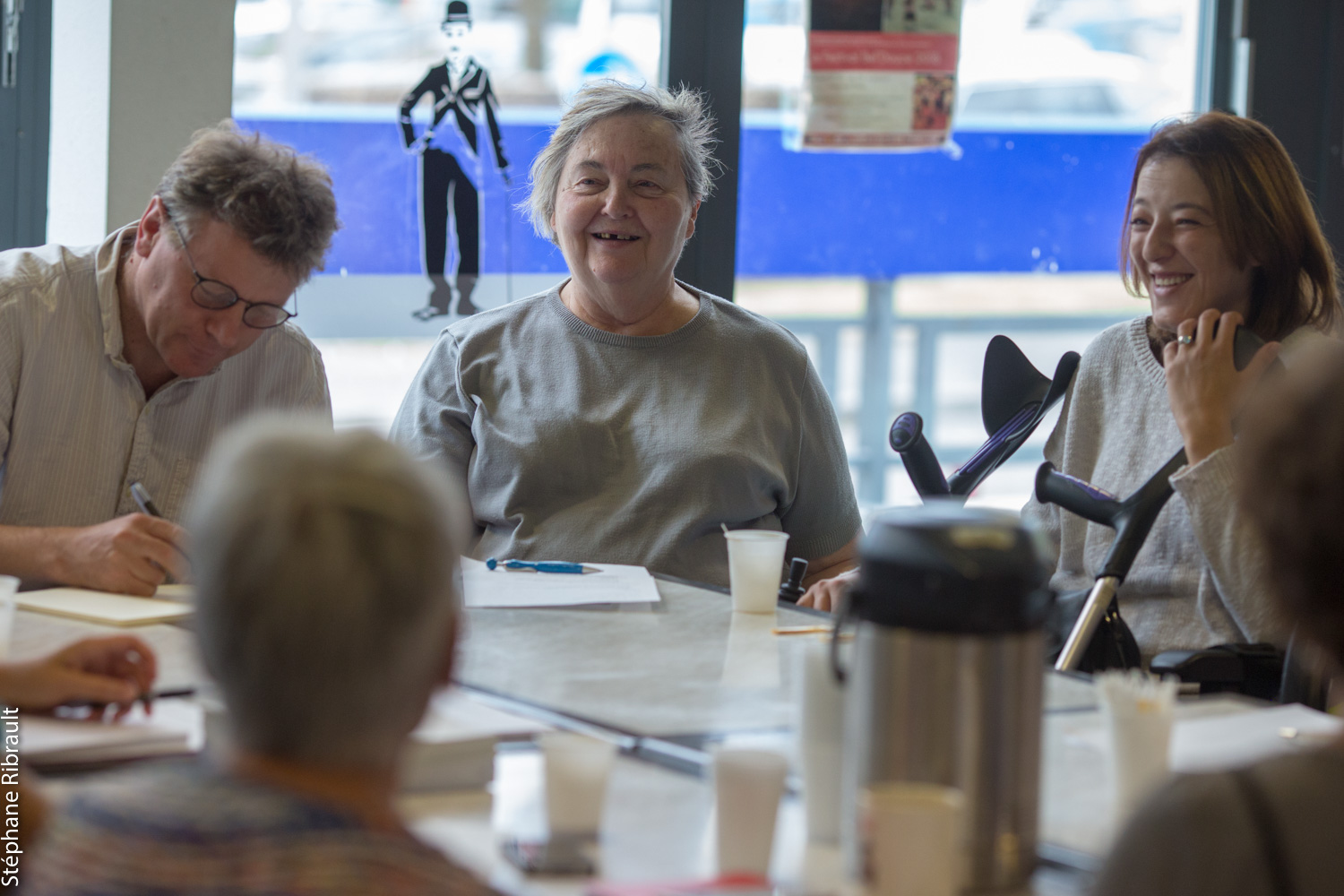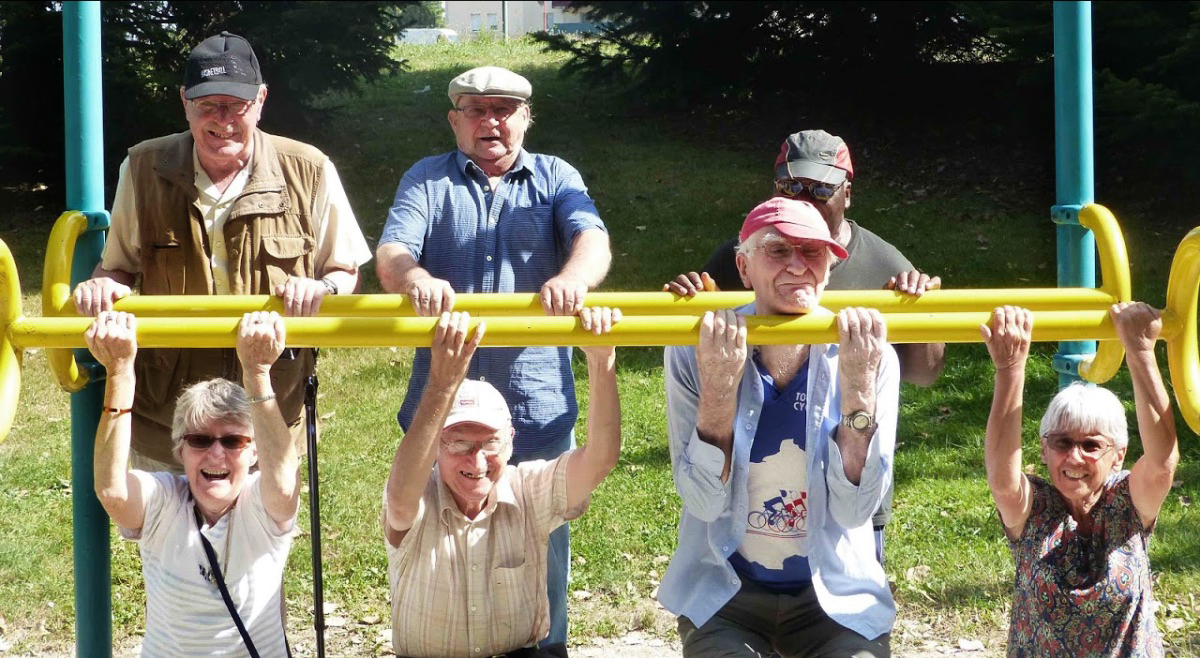Non-profit Cooperative Company, France
The authors of this text, Claire Ribrault, Maria Pothier and Livio Riboli-Sasco, work at Atelier des Jours à Venir as trainers, mediators and researchers. Atelier des Jours à Venir is a non-profit cooperative company from France, aiming to empower both the research community and local citizen communities by sharing knowledge practices.
It develops trainings for university students and lifelong learning for academic researchers, encouraging them to have an active, creative, reflexive and responsible academic practice. It provides mediation on citizen science projects with a strong social commitment, where sharing the practice and values of research communities empowers citizens, in particular in socially deprived contexts.
For Commissioned by – Art in Relation, international mediators reflected on the significance of the New Patrons Protocol for their work: The Protocol can in principle be put into practice anywhere in the world, as it does nothing more than describe a way in which people can work together. All decisions are made locally by independent actors. Moreover, the protocol enables not only contemporary art projects, but also scientific research commissions, as well as theatre productions, music, architecture, and much more.
But how universal is the protocol, which emerged in European contexts against the background of a French cultural policy around 1989, really? How is it interpreted and possibly adapted not only in different regions of Europe, but also in Cameroon, Colombia, Lebanon and Tunisia? How do different historical, cultural and political backgrounds change the perspectives of art on behalf of citizens and the concrete work of mediators? Can they recommend that the protocol be taken up in societies where it has not yet played a role?
The Mediators have reflected on these questions and their texts are now published in this series.
After ten years of mediated academic commissioning, the mediated transformation of academic institutions begins
Almost ten years ago Bruno Latour and François Hers suggested to Livio Riboli-Sasco and Claire Ribrault, members of the Atelier des Jours à Venir, that the protocol of the New Patrons could be applied experimentally to academic research: what form might the commissioning of such research take?
A trial with a group of school pupils in a suburb of Barcelona and two French researchers based in the Netherlands was encouraging. A mediator ensured that the pupils’ open questions were taken up by the researchers, and a modified protocol specifically addressing academic research was drawn up. It has since been applied in numerous academic disciplines in around a dozen projects in France, Spain and Portugal: from wave physics to the sociology of agricultural practices; from education science to Basque linguistics.
The commissions are often undertaken by interdisciplinary research groups. While artists usually produce commissioned work alone, academics naturally take a concerted approach and produce original work. Responsibility for the production of knowledge is theirs and is oriented to the usual quality standards of the participating disciplines. Patrons are involved in the various research phases through dialogue and their own involvement. Mediators accompany the project for its entire duration and make sure that it is firmly anchored in the everyday lives of the patrons and the activity of the research institutions.
Scientific knowledge is often perceived as neutral and objective – a point of view that its criticised by science studies for disguising the power structures underlying the production of such knowledge. Given the subjectivity it involves, one requirement based on feminist epistemology is to take the situational character (social or historical, for example) of every research project into account. The inclusion of varied points of view can raise the trustworthiness of the knowledge produced.
It is largely thanks to feminist epistemology that a way has been found to prevent the rejection of science once its power structures are revealed. The trustworthiness of scientific knowledge can’t be restored by seeking it in the apparent objectivity that would continue to deny the status and interests of those who produce it. One should instead become aware of the way in which knowledge is framed and produced, and accept that it must be subject to continual scrutiny, particularly by those whom it affects. In the New Patrons projects it is the mediation that enables the patrons directly affected by this knowledge to be involved in the production of knowledge through their social, cultural and political status, their occupations and their rootedness in a particular region. Their status is often very different from that of the researchers, who have quite different sociocultural backgrounds.
The research project is the realisation of the commission
The patrons don’t just want scientific findings that will only be available several years later, if at all; they require the researchers to consider what is important to them and what counts for them, the patrons. They want to participate. They expect a particular approach to the world and to knowledge: collaborative thought and action. They develop these positions in an interchange with the researchers, in the questioning process. They express their experiences, uncertainties, local knowledge and behaviour. And so science moves away from cold, formal, academic knowledge.
Commissions from citizens ultimately question the institution of science. The patrons and mediators work with academic institutions. The latter finance the research work and integrate its findings into the overall thought process of the research community. The institutions also oversee adherence to ethical guidelines, thus creating the preconditions for trustworthiness in the production of knowledge.
Numerous barriers remain nevertheless, primarily within the institutions. They include researchers’ frustration and overload given the pressure to publish and of teaching requirements. Academics are also subject to contradictory demands: on the one hand an incentive to ‘excellence’ without knowing exactly what this means; on the other an insistence on considering the needs of society. But participation in the group projects of the New Patrons requires time, attention and travel to the patrons’ places of residence. One doesn’t in the end get to know people online or in strictly time-tabled gatherings.
On the basis of the research projects hitherto commissioned by citizens, the Atelier des Jours à Venir began a collaboration with the University of Strasburg in late 2020 with the aim of encouraging the creation of preconditions for the inclusion and development of public participation in research. It involves the provision of personnel and structures that enable those researchers who wish to accept such commissions or generally to develop their research in dialogue with affected citizens to do so under the best possible conditions and to be recognised accordingly for this unusual work. The intention is also to help the university to develop mediated forms of interchange and encounter with the inhabitants of its Alsatian location and across the border.
The simplicity of the New Patrons protocol, the plausibility of its epistemic principles and the high communication standards guaranteed by the mediators have enabled its application by very different patrons and over a wide spectrum of research disciplines according to the ethical precepts of knowledge production. The protocol of the New Patrons is now a pioneer in the institutional recognition of public participation in research and the necessity of redefining the methods of knowledge production.
(Translation: Michael Turnbull)


